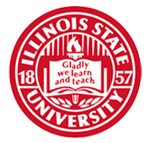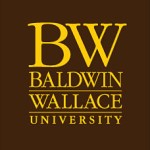Abstract
This longitudinal study investigated the challenges and sources of community cultural wealth that underrepresented communication sciences and disorders (CSD) students leverage in navigating each application stage to master’s level speech-language pathology (SLP) programs. Four surveys were distributed over 11 months via Qualtrics to CSD undergraduate seniors enrolled in 12 universities in California. This study included 88 eligible participants who completed at least one round of the longitudinal survey. Applicants recognized the underrepresentation of their identities in the field which served as both a challenge and motivator for becoming a practicing, culturally competent SLP. Obtaining application-related knowledge was the most significant challenge throughout the application process. Applicants’ entrepreneurial nature allowed them to build their network, especially with people with shared identity-markers, to provide them with application and emotional support. Although participants experienced doubts in their application, they overcame this with their steadfast sense of purpose and commitment to their community. This study suggests that underrepresented students utilize a range of strengths that allow them to overcome the most significant challenges that arise at each stage of the application process. Although the challenges of navigating the application accumulate over time, the applicants’ network and sense of self ultimately ease the stresses of applying. Several structures, including social media, ASHA STEP Mentoring, and student support groups were beneficial for underrepresented applicants and have implications for increasing diversity in the SLP workforce.
Recommended Citation
Wong, J. P.
(2024).
Underrepresented Student Experiences Applying to Speech-Language Pathology Graduate Programs: Challenges and Capital.
Teaching and Learning in Communication Sciences & Disorders, 8(3).
DOI: https://doi.org/10.61403/2689-6443.1331




